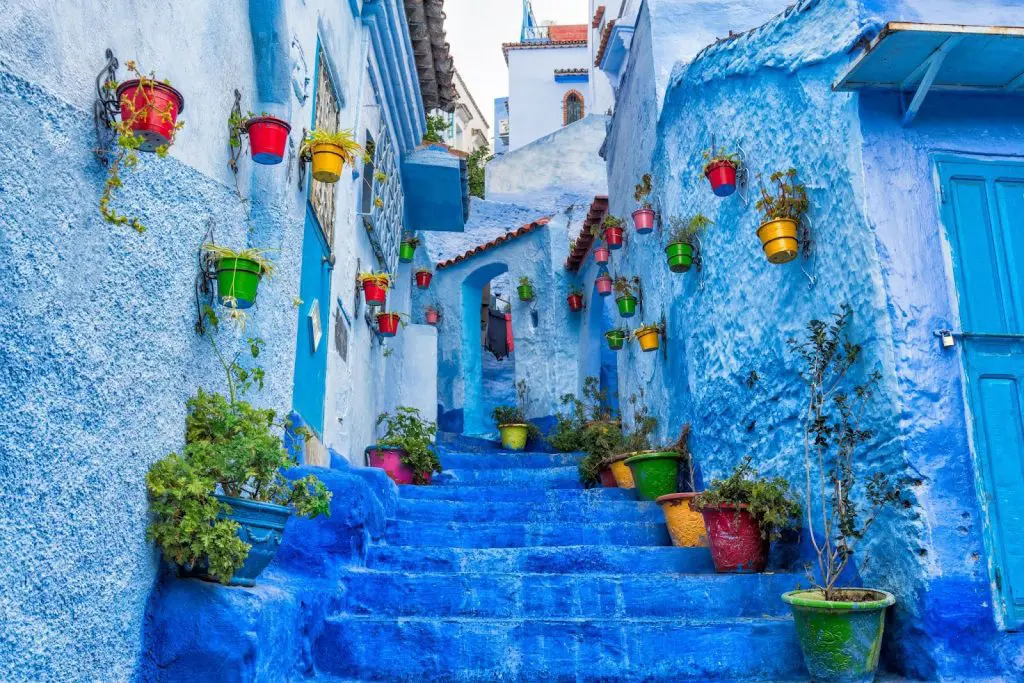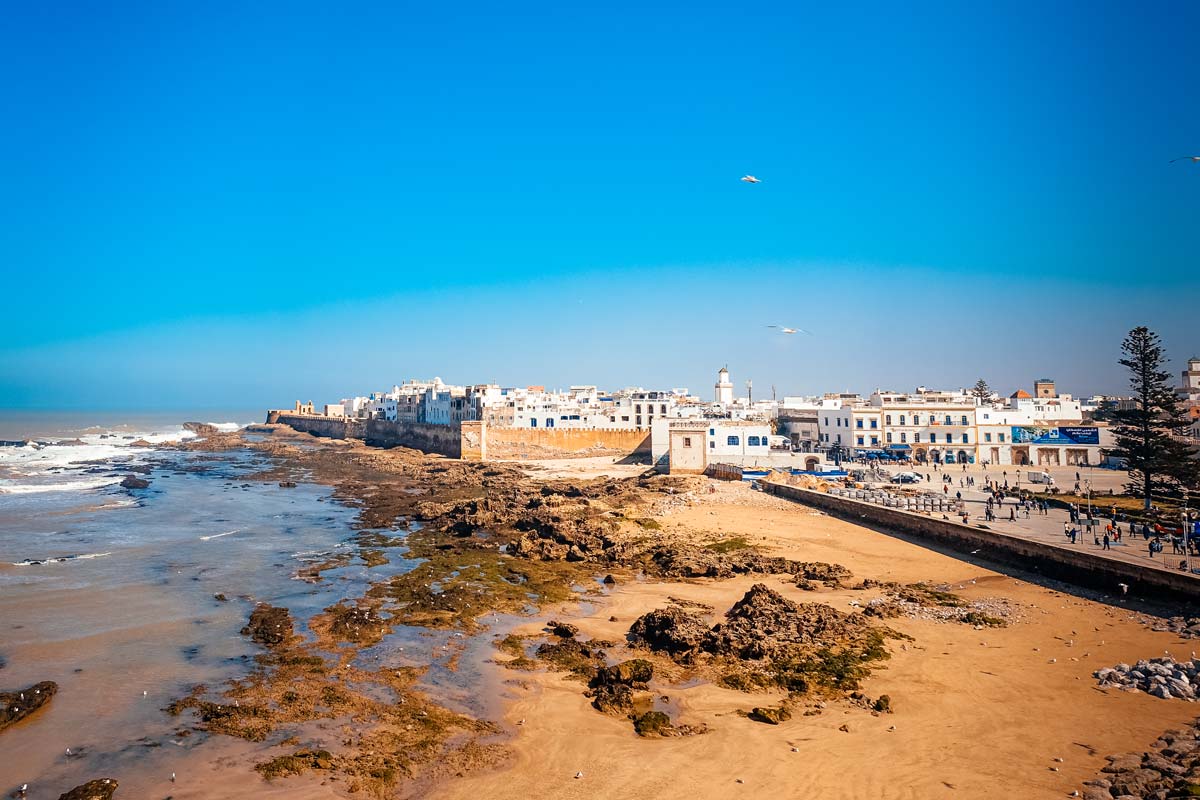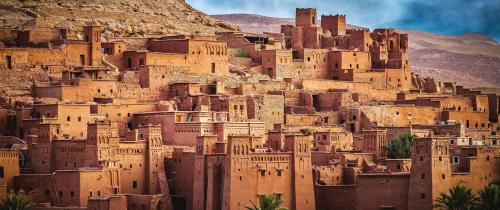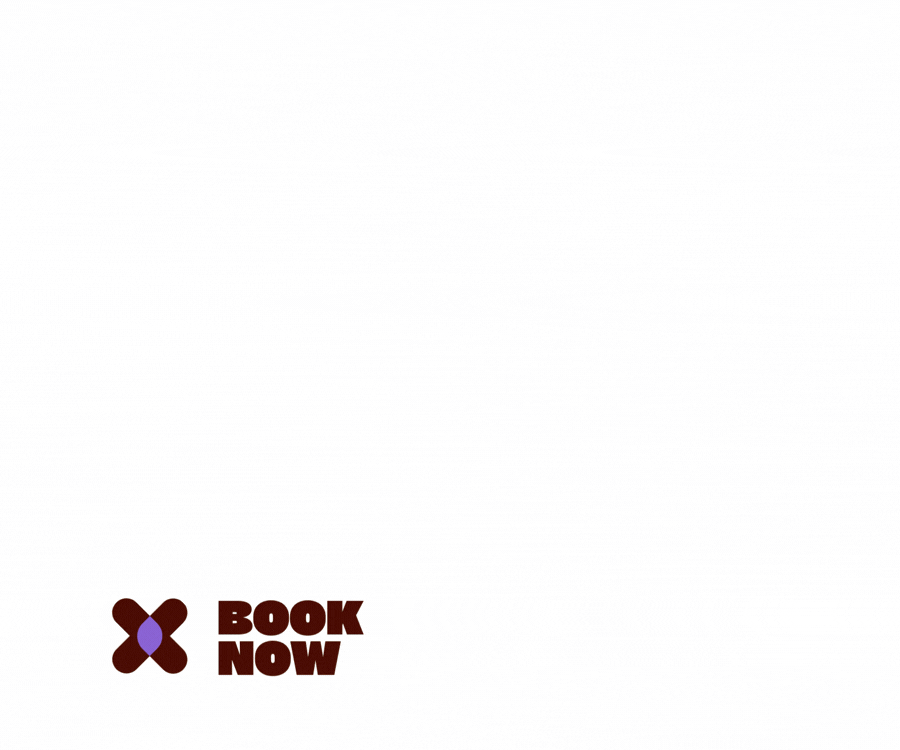This is the ultimate guide to Morocco’s best attractions and things to do.
Morocco offers travelers a rich tapestry of culture, history, and stunning landscapes. Morocco is a memorable destination for its bustling souks and serene Sahara Desert. With this detailed travel guide, I’ll cover everything you need to know about North Africa, from the top things to see and do to practical travel tips.
Key Takeaways
- Morocco offers a blend of cultural experiences, stunning landscapes, and vibrant cities.
- Key destinations include Marrakech, the Sahara Desert, Chefchaouen, Fes, and Essaouira.
- Understanding travel costs and budgeting appropriately is crucial for a fulfilling experience.
- Safety precautions and local customs should be respected to enhance your journey.
- Traveling during the spring and fall provides the best weather conditions for exploration.
Table of Contents
- Top 5 Things to See and Do in Morocco
- Other Things to See and Do in Morocco
- How to Stay Safe in Morocco
- Where to Stay in Morocco
- Morocco Travel Costs
- Morocco Suggested Budgets
- Morocco Travel Guide: Money-Saving Tips
- How to Get Around in Morocco
- When to Go to Morocco
- Morocco Travel Guide: The Best Booking Resources
Top 5 Things to See and Do in Morocco
1. Discover Morocco’s Medina
The Medina, a UNESCO World Heritage site, is the heart of Marrakech. In the narrow alleyways, market stalls sell everything from traditional Moroccan lamps to hand-woven rugs.
Key Highlights:
- Jemaa el-Fnaa: This central square transforms from a market during the day to a hub of entertainment at night, featuring street food vendors, musicians, and storytellers.
- Koutoubia Mosque: The largest mosque in Marrakech, known for its stunning minaret visible from all over the city.
Personal Insight: I spent countless hours wandering the Medina, getting lost in the maze of alleys. Don’t hesitate to try some local delicacies, like the delicious tagine or couscous, from the food stalls.
2. Discover the Sahara Desert
No trip to Morocco is complete without experiencing the breathtaking Sahara Desert. Book a camel trek that takes you deep into the dunes for a night under the stars.
Key Highlights:
- Merzouga: This small village is the gateway to Erg Chebbi, where the highest sand dunes rise dramatically from the desert floor.
- Stargazing: The lack of light pollution in the Sahara offers some of the best stargazing opportunities I’ve ever experienced.
Travel Tip: Be sure to pack warm clothes for the night; temperatures can drop significantly after sunset.
3. Visit the Blue City of Chefchaouen

Chefchaouen, or the Blue City, is famous for its striking blue-painted streets and buildings. Nestled in the Rif Mountains, this charming town is perfect for relaxation and photography.
Key Highlights:
- Riff Mountain Trails: The surrounding mountains offer numerous hiking opportunities, with stunning views and unique flora.
- Local Markets: The artisanal shops selling locally made crafts are perfect for picking up souvenirs.
Personal Insight: Wandering through the blue alleys felt like stepping into a painting. I recommend taking your time to soak in the beauty.
4. Experience the Historic City of Fes
Fes is known for its well-preserved medieval architecture and is home to the oldest university in the world, Al Quaraouiyine.
Key Highlights:
- Fes el-Bali: The old medina, a UNESCO World Heritage site, is filled with narrow streets, historic mosques, and vibrant souks.
- Tanneries: Visit the famous tanneries to witness traditional leather-making methods still in use today.
Travel Tip: The smell from the tanneries can be overwhelming, so I suggest carrying some mint leaves to help mask the scent.
5. Explore the Coastal City of Essaouira

Essaouira is a charming coastal town known for its well-preserved medina, beaches, and seafood.
Key Highlights:
- Essaouira Ramparts: Walk along the fortified walls for stunning views of the ocean and the Medina.
- Local Cuisine: Enjoy fresh seafood at one of the many restaurants lining the waterfront.
Personal Insight: The laid-back atmosphere and beautiful sunsets made Essaouira one of my favorite stops. Be sure to try the grilled fish from the stalls by the port!
Other Things to See and Do in Morocco
Beyond the top five attractions, Morocco has a plethora of experiences to offer. Here are some additional must-sees:
The Atlas Mountains
The stunning Atlas Mountains offer breathtaking landscapes and opportunities for hiking, trekking, and cultural experiences with local Berber communities. Toubkal National Park, home to the highest peak in North Africa, is perfect for adventurers.
The Roman Ruins of Volubilis
These ancient ruins, a UNESCO World Heritage site, showcase well-preserved mosaics and Roman architecture. A visit here offers a glimpse into Morocco’s rich history and heritage.
Ait Benhaddou
This fortified village, also a UNESCO site, has served as a backdrop for many films, including Gladiator and Game of Thrones. Its striking earthen clay architecture is a photographer’s dream.
How to Stay Safe in Morocco
Traveling to Morocco can be an incredible experience, but it’s essential to stay vigilant and follow safety precautions.
General Safety Tips:
- Avoid Political Demonstrations: These can escalate quickly and are best avoided.
- Stay Aware of Your Surroundings: Pickpocketing can occur in crowded areas, so keep your belongings secure.
- Respect Local Customs: Dress modestly, especially in rural areas and religious sites.
Emergency Contacts:
- Police: 19
- Ambulance: 15
- Fire Department: 19
Where to Stay in Morocco
Accommodation Options
Morocco offers a variety of accommodations, ranging from luxury hotels to traditional guesthouses known as riads.
Luxury Hotels
- La Mamounia, Marrakech
- Price: $500+ per night
- Rating: 9.6/10 on Booking.com
- Features: Spa, fine dining, stunning gardens.
- Royal Mansour, Marrakech
- Price: $1,500+ per night
- Rating: 9.8/10 on Booking.com
- Features: Private riads, exclusive service, luxury amenities.
Budget Options
- Hostel Marrakech Rouge
- Price: $15 per night for dorms
- Rating: 8.5/10 on Booking.com
- Features: Rooftop terrace, communal kitchen, social atmosphere.
- Riad Dar Attajmil, Fes
- Price: $40 per night
- Rating: 9.3/10 on Booking.com
- Features: Traditional decor, breakfast included.
Unique Stays
- Luxury Desert Camp in Merzouga
- Price: $100+ per night
- Rating: 9.5/10 on Booking.com
- Features: Comfortable tents, guided camel treks, starry night views.
Morocco Travel Costs
Understanding the costs involved in traveling to Morocco is crucial for budgeting your trip effectively.
Estimated Daily Costs
- Budget Traveler: $30–$50 per day
- Mid-Range Traveler: $70–$150 per day
- Luxury Traveler: $200+ per day
Accommodation Prices
- Budget Hotels/Hostels: $10–$40 per night
- Mid-Range Hotels: $50–$150 per night
- Luxury Hotels: $200+ per night
Food Costs
- Street Food: $1–$5 per meal
- Mid-Range Restaurant: $10–$25 per meal
- Fine Dining: $30+ per meal
Transportation Costs
- Bus Rides: $5–$10 for intercity travel
- Train Tickets: $10–$30 depending on the route
- Taxis: $2–$5 for short rides within cities
Morocco Suggested Budgets
Sample Budgets
- Budget Traveler:
- Accommodation: $20
- Food: $10
- Activities: $10
- Total: $40 per day
- Mid-Range Traveler:
- Accommodation: $70
- Food: $30
- Activities: $30
- Total: $130 per day
- Luxury Traveler:
- Accommodation: $250
- Food: $70
- Activities: $50
- Total: $370 per day
Morocco Travel Guide: Money-Saving Tips
Traveling in Morocco doesn’t have to break the bank. Here are some tips to save money while enjoying your trip:
1. Eat Like a Local
Street food is not only affordable but also delicious. Try local dishes such as tagine, couscous, and harira from street vendors for authentic experiences.
2. Use Public Transport
Buses and trains are budget-friendly options for traveling between cities. They provide a chance to experience local life and save on transportation costs.
3. Bargain at Souks
Haggling is expected in Moroccan markets. Always start with a lower price than what you’re willing to pay and negotiate from there.
4. Book in Advance
For better deals on accommodations and tours, book your stays and activities in advance, especially during peak travel seasons.
How to Get Around in Morocco
Public Transport
- Buses: Affordable and extensive networks connecting major cities.
- Trains: Comfortable and reliable for longer distances, especially between Marrakech, Fes, and Casablanca.
Taxis
- Grand Taxis: Shared taxis for longer routes between cities, usually cheaper than private taxis.
- Petit Taxis: Metered taxis for short rides within cities.
Rental Cars
Consider renting a car if you plan to explore rural areas or the Atlas Mountains. Be sure to check local driving laws and conditions.
When to Go to Morocco
Best Time to Visit
The best time to visit Morocco is during the spring (March to May) and fall (September to November), when temperatures are mild and pleasant for exploring.
Seasonal Considerations
- Summer (June to August): Very hot, especially in the desert regions.
- Winter (December to February): Cooler temperatures, particularly in the mountains, but still a great time for city exploration.
Morocco Travel Guide: The Best Booking Resources
Here are some reliable resources for booking your travels in Morocco:
- Accommodation: Booking.com, Airbnb
- Flights: Skyscanner, Google Flights
- Activities: GetYourGuide, Viator
- Transportation: Trainline, Rome2Rio
Frequently Asked Questions
1. Is Morocco safe for tourists?
Yes, Morocco is generally safe for tourists. However, it’s essential to stay vigilant and follow common-sense safety precautions.
2. What is the best way to get around Morocco?
Using public transport like buses and trains is recommended, along with taxis for local travel.
3. What currency is used in Morocco?
The currency used is the Moroccan dirham (MAD).
4. What should I wear in Morocco?
Dress modestly, especially in rural areas and when visiting religious sites. Lightweight clothing is recommended, along with a shawl or scarf for women.
5. Can I drink the tap water in Morocco?
It’s advisable to drink bottled water, especially in rural areas, to avoid stomach issues.








